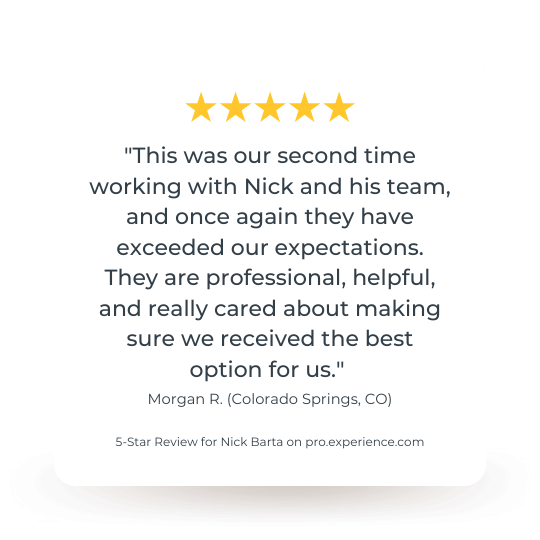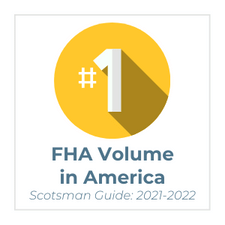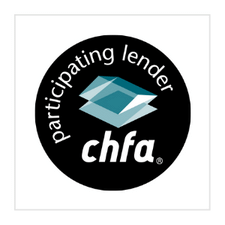
by:
When it comes to financing a new home, potential homeowners have several options available to them. One popular choice is an FHA loan, offered by the Federal Housing Administration. FHA loans come with distinct advantages and disadvantages that borrowers should consider before making a decision. In this article, we will explore the biggest advantage of an FHA loan, discuss its downsides, highlight what FHA loans are good for, and compare them to conventional loans to help you make an informed choice.
The Biggest Advantage of an FHA Loan: Lower Down Payment
One of the most significant advantages of an FHA loan is the lower down payment requirement. While conventional loans typically require a down payment of 20% or more, FHA loans offer a more accessible option. Borrowers can qualify for an FHA loan with a down payment as low as 3.5% of the home's purchase price. This feature allows more people to fulfill their dream of homeownership, especially first-time buyers or those with limited funds for a down payment.
The Downsides of an FHA Loan: Mortgage Insurance Premiums and Loan Limits
Despite their benefits, FHA loans also come with a few drawbacks to consider. One notable downside is the requirement for mortgage insurance premiums (MIP). Borrowers who choose an FHA loan must pay an upfront MIP fee at closing and then continue paying annual MIP premiums throughout the life of the loan. These premiums are meant to protect the lender in case the borrower defaults on the loan. However, it's important to note that the MIP can be canceled under certain conditions, such as when the loan-to-value ratio reaches 78%.
Another consideration is the loan limits imposed by the FHA. These limits vary depending on the location of the property and are designed to ensure the program benefits lower- to moderate-income individuals and families. Borrowers looking to purchase high-value properties may find that FHA loan limits restrict their options.
What Are FHA Loans Good For?
FHA loans are particularly well-suited for certain situations. Here are a few scenarios where an FHA loan can be a good fit:
- First-Time Homebuyers: FHA loans are a popular choice among first-time homebuyers due to their lower down payment requirements and more flexible credit score criteria. This makes homeownership more accessible for those who may not qualify for conventional loans.
- Lower Credit Scores: FHA loans are often more forgiving of lower credit scores compared to conventional loans. While specific credit score requirements vary, borrowers with scores in the 500-580 range may still be eligible for an FHA loan, albeit with a higher down payment requirement.
- Home Renovations: FHA 203(k) loans allow borrowers to finance both the purchase of a home and its necessary repairs or renovations into a single mortgage. This feature can be advantageous for buyers seeking fixer-upper properties or those looking to improve the condition of their newly purchased home.
Is a Conventional Loan Better Than an FHA Loan?
The choice between a conventional loan and an FHA loan depends on individual circumstances and preferences. Here are a few factors to consider:
- Down Payment: If you have the financial means to make a larger down payment (20% or more), a conventional loan may be a better option. With a higher down payment, you can avoid the additional cost of mortgage insurance premiums associated with FHA loans.
- Credit Score: If you have a strong credit score (typically 680 or higher), a conventional loan may offer better interest rates and terms compared to an FHA loan. However, if your credit score is lower, an FHA loan may be more accessible.
- Property Type and Loan Limits: Conventional loans may have fewer restrictions on property types and higher loan limits, making them a suitable choice for those seeking high-value properties.
Conclusion
In summary, FHA loans provide an excellent opportunity for prospective homeowners, especially first-time buyers or those with lower credit scores or limited funds for a down payment. The biggest advantage of an FHA loan is the lower down payment requirement, allowing more people to achieve the dream of homeownership. However, borrowers should consider the downsides, such as mortgage insurance premiums and loan limits, before making a decision.
While FHA loans are ideal in specific situations, it's crucial to evaluate your individual circumstances, including your credit score, financial capacity, and property goals, when deciding between an FHA loan and a conventional loan. By understanding the advantages and disadvantages of each option, you can make an informed choice that aligns with your unique needs and helps you secure the home you desire.
Remember, if you have further questions or need personalized advice regarding FHA loans or any other mortgage-related matters, it is always advisable to consult with a knowledgeable mortgage lender or financial professional who can guide you through the decision-making process.
Ready to explore FHA loan options with one of the nation's top FHA loan originators? Contact Nick Barta today to receive expert guidance and personalized assistance in securing your dream home. Reach out now for a consultation and start your journey towards homeownership with confidence.
-(2).png?sfvrsn=963aebdb_0)

.png?sfvrsn=2fcea3bf_0)
.png?sfvrsn=76f6ccf3_0)


.png?sfvrsn=8d78ea3e_0)

